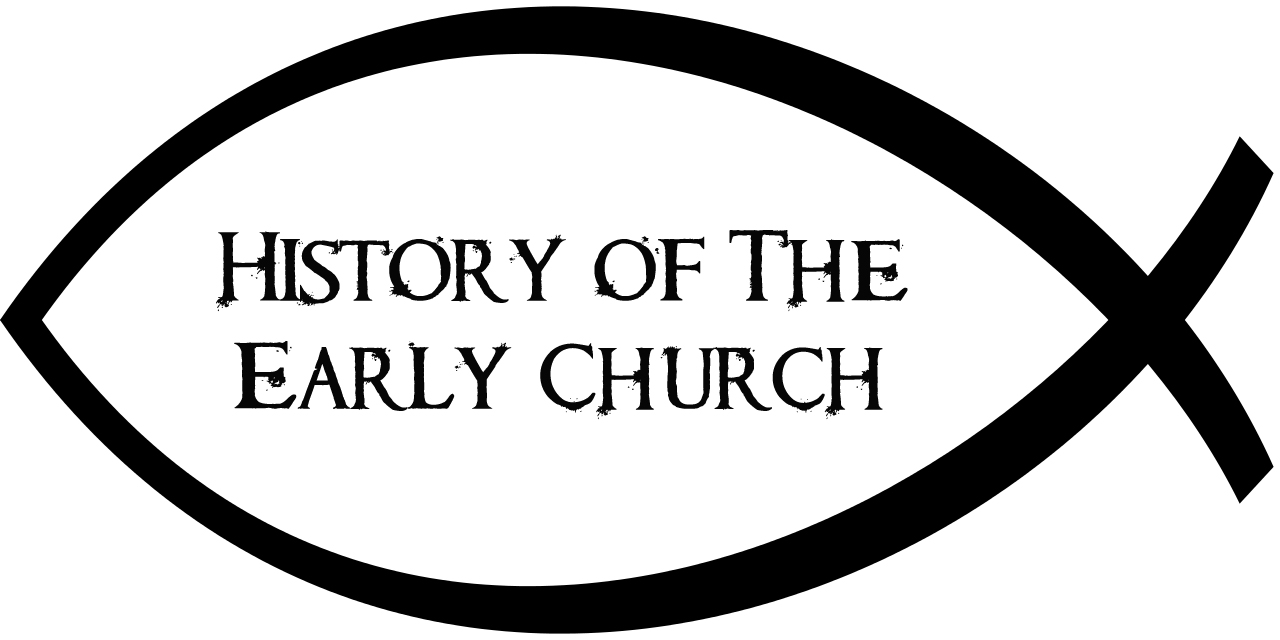A restoration movement to primitive Christianity sprung up in America in the early 1800s out of the Presbyterian church. Tired of the endless theological disputes, rigid predestination, clerical tyranny, and the frequent schisms he saw among the Presbyterians, Barton W. Stone, a Presbyterian minister, began a movement in Kentucky to restore apostolic Christianity. Barton Stone’s chief objective was to restore the holy living and separation from the world that had marked early Christianity.

In the 1820s, Stone’s movement merged with a separate movement begun by Thomas and Alexander Campbell, who were also seeking to restore primitive Christianity. One of Alexander Campbell’s primary objectives was to achieve unity among all Christians. He felt that this unity could only be obtained by Christians forsaking all man-made creeds and traditions and returning to the forms, structures, and doctrines of the apostolic church. To this end, the members of the Campbell-Stone movement returned to the early Christian practices of weekly communion, congregational autonomy, and a plural ministry in each congregation. Although the restoration movement now focused more on primitive doctrine and ordinances than on holy living and the inner life, it did bring spiritual renewal to thousands of people across the nation.

What Alexander Campbell Would Say To The Church Today Alexander Campbell was one of the key leaders of the 19th century Restoration Movement, which sought to restore New Testament Christianity and end Christian sectarianism. In this pointed message printed in the Movement’s newsletter, The Christian Baptist, Campbell speaks out against those in the Movement who, in his words, were becoming “Pharisees.” A worthwhile message for all Christians to hear today.
60 min audio CD

The Spirit of Sectarianism D. Bercot. For 300 years, the church was one. And it wasn’t a tiny church. By A.D. 300 there were probably between 2 million and 5 million Christians throughout the globe. Their unity wasn’t based on ecumenism. These were radical disciples of Christ, ready to die for their faith. What made them different from radical Christian disciples today is that they were free from the spirit of sectarianism. But ever since the days of Constantine, the evil of sectarianism has dominated Christianity—from huge institutional churches to small house churches. From Catholics to evangelicals to Anabaptists. In this poignant message, Bercot shows how we can free ourselves from sectarianism. 60 min. CD
